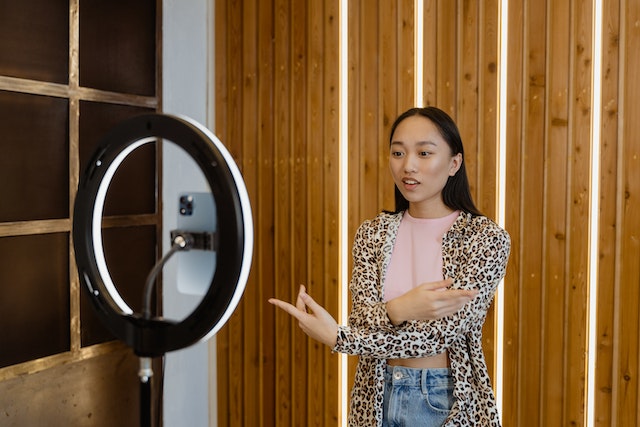Introduction: In today’s digital era, social media has become a powerful force that shapes our perception of beauty and self-worth. This article explores the detrimental impact of social media on body image and the emergence of body dysmorphia, a mental health condition characterized by obsessive concern over perceived flaws in appearance. We delve into the
Introduction:
In today’s digital era, social media has become a powerful force that shapes our perception of beauty and self-worth. This article explores the detrimental impact of social media on body image and the emergence of body dysmorphia, a mental health condition characterized by obsessive concern over perceived flaws in appearance. We delve into the role of social media in promoting unrealistic beauty standards, the influence of comparison culture, and the resulting negative effects on individuals’ mental well-being.
The Rise of Unrealistic Beauty Standards:
Social media platforms have become virtual stages for showcasing idealized and edited versions of oneself. Influencers, celebrities, and even friends on social media often present carefully curated images that adhere to unrealistic beauty standards. The flawless appearances depicted online contribute to a distorted perception of reality, creating a constant need to meet unattainable standards. This relentless pursuit of perfection can fuel body dysmorphia as individuals obsess over perceived flaws in their own bodies.
The Influence of Comparison Culture:
Social media’s emphasis on comparison culture exacerbates body image concerns and contributes to the development of body dysmorphia. Users constantly compare themselves to the filtered and edited images of others, fostering feelings of inadequacy and self-doubt. The constant exposure to idealized representations of beauty can lead individuals to believe that their own bodies fall short, perpetuating a cycle of self-criticism and negative body image.
The Impact of Digital Photo Editing:
Photo-editing tools and filters further distort reality and contribute to the unrealistic beauty standards propagated on social media. These digital enhancements create an unattainable standard of perfection, making it challenging for individuals to accept and embrace their natural appearance. The prevalence of digitally altered images can perpetuate body dysmorphia as individuals strive to achieve an unattainable level of flawlessness.
Negative Effects on Mental Well-being:
The relentless pursuit of meeting unrealistic beauty standards can have severe consequences on mental health. Constant comparison, self-criticism, and dissatisfaction with one’s appearance can lead to anxiety, depression, and body dysmorphia. The pressure to conform to societal expectations fueled by social media can result in a negative self-image and a diminished sense of self-worth.
Promoting Body Positivity and Realistic Representation:
It is essential to challenge the unrealistic beauty standards set by social media and promote body positivity and self-acceptance. Encouraging diverse representation, authentic content, and realistic portrayals of beauty can help mitigate the negative impact of social media on body image. By fostering a culture that celebrates individuality and promotes self-love, we can counteract the harmful effects of social media and cultivate a healthier relationship with our bodies.
Conclusion:
Social media’s influence on body image has significantly contributed to the rise of body dysmorphia. The unrealistic beauty standards propagated online, the culture of comparison, and the prevalence of digitally altered images all play a role in distorting individuals’ perceptions of their bodies. To combat this issue, it is crucial to promote body positivity, encourage realistic representation, and foster a culture that values self-acceptance and self-love. By challenging the unrealistic standards set by social media, we can strive for a healthier and more inclusive digital landscape.

















Leave a Comment
Your email address will not be published. Required fields are marked with *